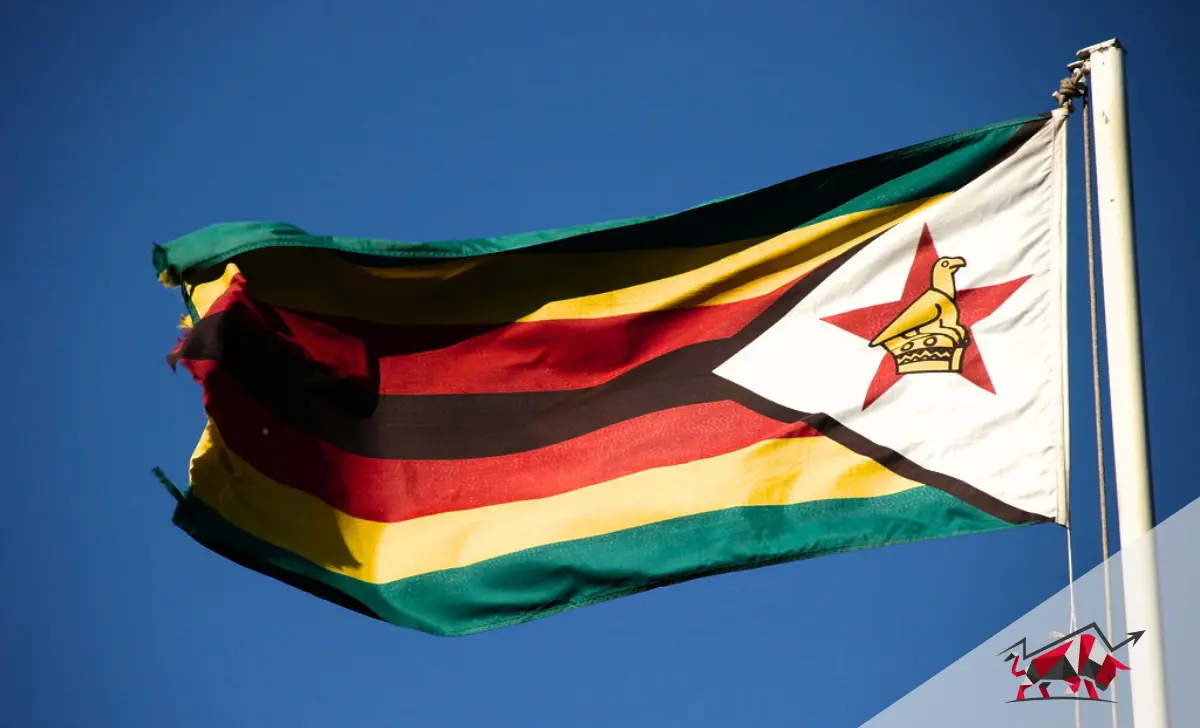In a Thursday notice, the Reserve Bank of Zimbabwe (RBZ) urged citizens and financial institutions in the nation to subscribe to its future gold-backed digital coin. According to the notification, applications for the tokens must be for a minimum of $10 for individuals and $5,000 for financial institutions and corporations.
The RBZ said in April that the tokens, designed to fight the volatility of its own currency, will be distributed on May 8. In Zimbabwe, inflation was 87.6% in March, after reaching a peak of 285% in 2022.
According to The Sunday Mail, the measure will allow tiny quantities of Zimbabwean dollars to be swapped for the digital gold token, allowing more Zimbabweans to hedge against currency instability. The objective, according to Reserve Bank of Zimbabwe Governor John Mangudya, is to leave no one and no place behind.
According to Bloomberg, Zimbabwe’s currency trades at 1,001 ZWL per $1 but is routinely traded for 1,750 ZWL on the streets of Harare, the country’s capital.
According to Mangudya, the parallel market currency rate would settle after tobacco growers receive their US dollar payments in the coming weeks. He claimed that present exchange rate volatility is the result of expectations of increased foreign currency supply on the part of central banks.
The central bank has divided the token’s issuance and use into two parts. Tokens will be issued for investment reasons and sold through banks in the initial phase. In the second phase, tokens will be stored in digital wallets or cards and used for person-to-person and person-to-business transactions, according to the notification.
Zimbabwe Trying to Tackle Inflation Issues
According to a March Wall Street Journal story, the country’s monetary instability and shortage of change has led to shops creating their own money, frequently on handwritten scraps of paper, so that consumers may pay for future transactions.
For more than a decade, Zimbabwe has struggled with currency fluctuation and inflation. Following a period of hyperinflation, the nation adopted the US dollar as its currency in 2009. The Zimbabwean dollar was revived in 2019 to help the country’s faltering economy. Last year, the government decided to reintroduce the US dollar in an effort to cool the country’s soaring inflation.


